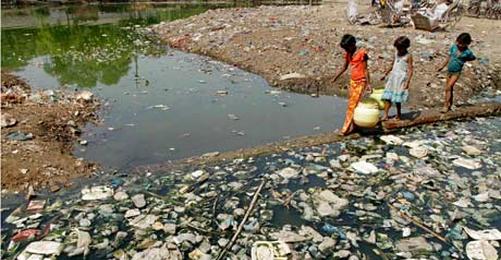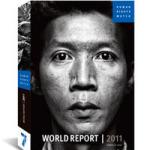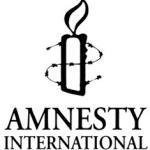"Sustainability and Equity: A Better Future For All" is the title of the Human Development Report 2011 of the United Nations Development Program (UNDP).
The report reviewed 187 countries having regard to indicators like health, education, income, inequality, poverty, gender, sustainability and demography. In the Human Development Index (HDI) featured in the report, Turkey ranks in the middle on 92nd position. The country profile of Turkey reveals, "Turkey's HDI is 0.699, which gives the country a rank of 92 out of 187 countries with comparable data. The HDI of Europe and Central Asia as a region increased from 0.644 in 1980 to 0.751 today, placing Turkey below the regional average. The HDI trends tell an important story both at the national and regional level and highlight the very large gaps in well-being and life chances that continue to divide our interconnected world".
The report also draws attention to 6.6 percent of the population in Turkey that live in poverty according to the multidimensional poverty index as one of the report's indicators.
Norway is on top of the list of the 2011 Human Development Index whereas the Democratic Republic of Congo brings up the rear.
"The 2011 Human Development Report argues that the urgent global challenges of sustainability and equity must be addressed together - and identifies policies on the national and global level that could spur mutually reinforcing progress towards these interlinked goals. Bold action is needed on both fronts, the Report contends, if the recent human development progress for most of the world's poor majority is to be sustained, for the benefit of future generations as well as for those living today" the introduction of the report states.
The report published annually since 1990 aims at establishing the necessary social structures and institutions for sustainability and equity. "A joint lens shows how environmental degradation intensifies inequality through adverse impacts on already disadvantaged people and how inequalities in human development amplify environmental degradation".
While human development increased in Eastern Europe and Central Asia according to the 2011 index, these regions failed to take measures against pollution. Energy in these countries is still dependent on fossil fuels and greenhouse gas emissions are also very high.
The projections of the report "suggest that in many cases the most disadvantaged people bear and will continue to bear the repercussions of environmental deterioration, even if they contribute little to the problem".
"Simulations for the Report suggest that by 2050 the global HDI would be 8 percent lower than in the baseline in an "environmental challenge" scenario that captures the adverse effects of global warming on agricultural production, on access to clean water and improved sanitation and on pollution (and 12 percent lower in South Asia and Sub-Saharan Africa)", the report warns and urges for bold measures to be taken. "The distribution of income has worsened at the country level in much of the world, even with the narrowing of gaps in health and education achievement".
In a report on the Human Development Index by Deutsche Welle German Minister for Economic Co-operation and Development, Erhard Eppler, was quoted as saying, "People who cannot afford to buy corn or rice due to increased food prices cannot access electricity and clean water either".
The Human Development Report identified deforestation as a major challenge. "Between 1990 and 2010 Latin America and the Caribbean and Sub-Saharan Africa experienced the greatest forest losses". This, together with other factors that increase pollution, is the reason for a decrease in human development in these regions even though inequality has improved.
Regarding Asia and the Pacific region, the report points to the threat created towards the development of island countries by pollution, deforestation and the rise of the sea level. Acute problems of poverty and inequality must be solved in order to maintain the progress achieved in countries in South Asia, the report emphasized. (IK/HK/VK)
Source: UNPD Human Development Reports.







